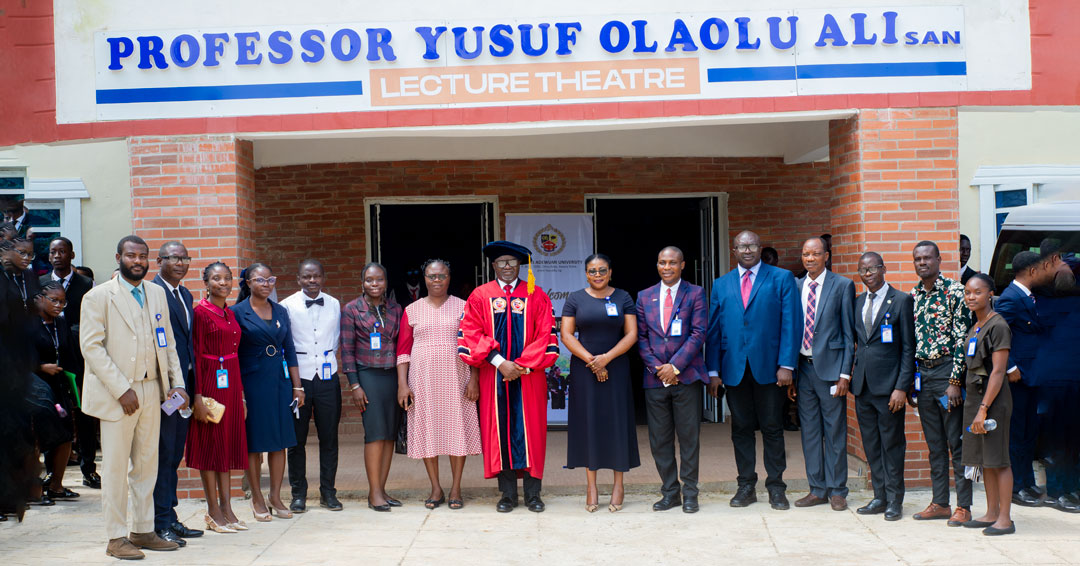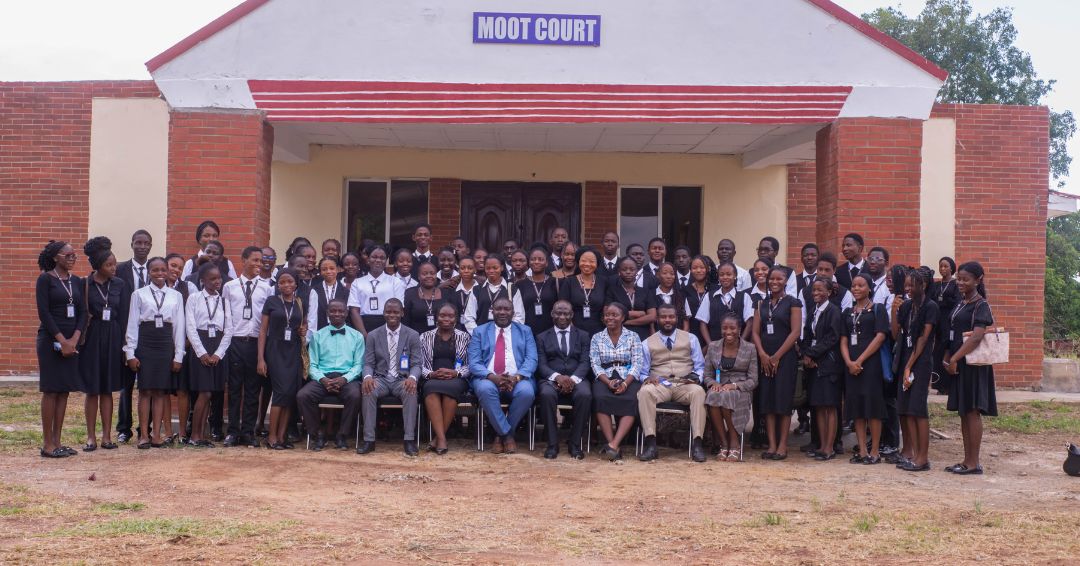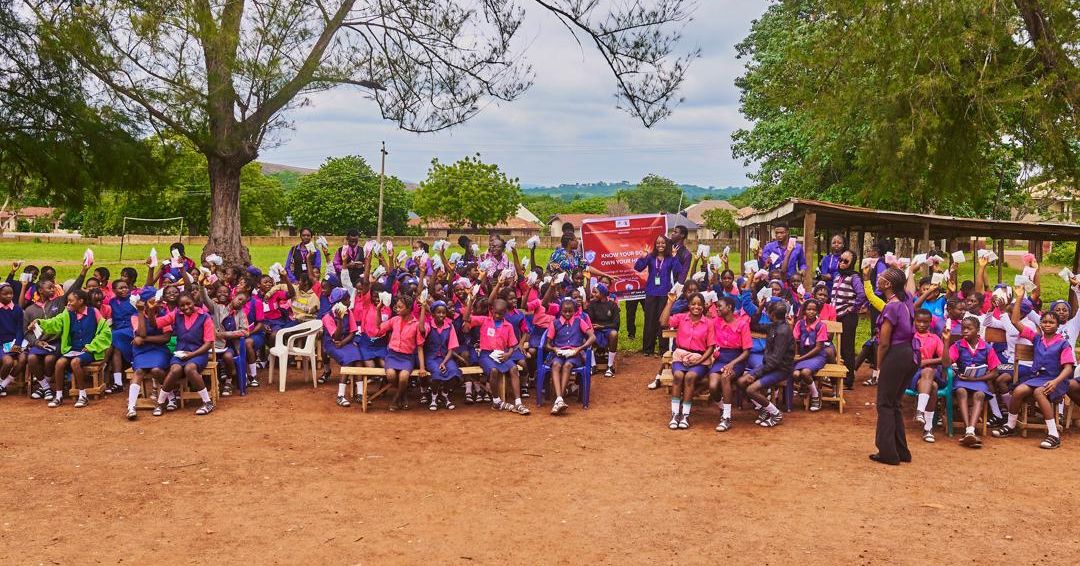This study examines the impact ofnon-renewable energy consumption on life expectancy in selected oil-producing countries in Africa with focus on the conditional role of income level. Panel unit root based on the firstgeneration tests under the assumption of cross-sectional independence and panel co-integration anchored on Kao (1999) were conducted. To ensure more precision on the stated nexus, both the measures of non-renewable energy and life expectancy are disaggregated. Based on the empirical analyses, the following findings emanated. First, the impacts of nonrenewable energy (fuel, coal, gas, and fossil fuel) were found to be negative and statistically significant on life expectancy. Second, income exerts a positive and statistically significant influence on life expectancy. Third, the impacts of non-renewable energy when the conditional role of income is taken into consideration are found to be positive for the most significant models. Fourth, C02 emission negatively and significantly influences life expectancy. These aforementioned results are closely related to both the Fully Modified OLS and Dynamic OLS estimators. The study concludes that since non-renewable energy consumption negatively influences life expectancy in the oil-producing countries in Africa, it is therefore suggested that policies should be geared towards discouraging its consumption. This can be done by subsidizing cleaner energy sources, intensifying on educating the populace regarding the dangers inherent in consuming non-renewable energy, and embarking on capital projects that will empower people to have increased income that will enable them to sufficiently transit from nonrenewable to renewable energy.
-
Call Us
0905-392-9899 -
Email
[email protected] -
Address
University Drive, Off Idofin Road, Oko-Irese, Kwara State
Title:
Non-renewable Energy Consumption and Life Expectancy in Oil-producing Countries in Africa: The Conditional Role of Income Level
Author(s): Olatunde Julius Omokanmi & Olajide Oladapo Awelewa
Year: 2022
Publisher: Economics and Management Sciences
File:
Keywords:
Non-Renewable Energy
Life Expectancy
Oil Producing Countries
Income Level JEL Classification
URI: https://tau.edu.ng/publications/publication-page.php?i=194&t=non-renewable-energy-consumption-and-life-expectancy-in-oil-producing-countries-in-africa-the-conditional-role-of-income-level
Abstract:
Recent News
-

-

-

TAU Accounting & Finance Students Shine in ICAN Examinations, Set New Academic Benchmark
04th Jul, 2025 11:46am -
